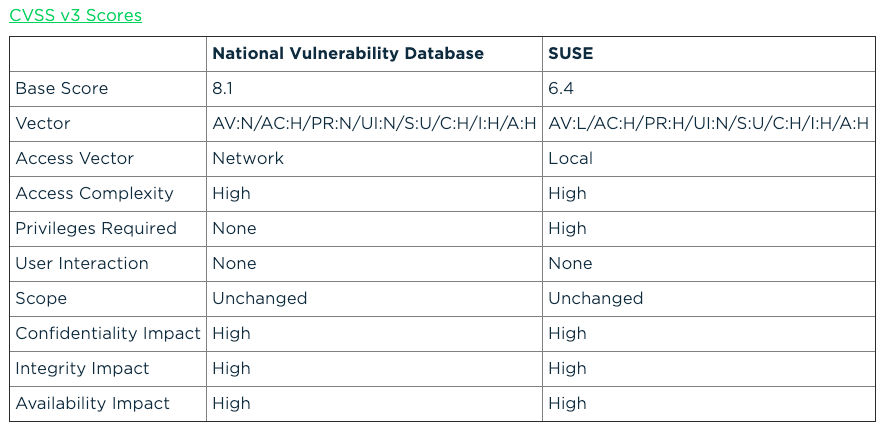Linux Kernel Can Be Exploited Remotely; Kernel Prior To 5.0.8 Affected

We keep coming across various security loopholes in different software on a daily basis, but it rarely happens that Linux kernel gets crippled by a high-impact flaw. However, things are looking a bit different today as millions of Linux systems have been found to be affected by a massive flaw.
It’s being reported that the kernel versions prior to 5.0.8 are affected by a race condition vulnerability. For those who aren’t aware, race condition attacks take place when a system designed to perform tasks in a particular sequence is made to perform two or more operations simultaneously. During this state, interference could be caused by a trusted/untrusted process.
In the case of Linux kernels prior to 5.0.8, the race condition flaw was discovered in rds_tcp_kill_sock in net/rds/tcp.c. “There is a race condition leading to a use-after-free, related to net namespace cleanup,” mentions the CVE description of the flaw.

It’s worth noting that on the NIST database, this CVE-2019-11815 vulnerability is listed with a high impact score of 5.9. However, as this flaw is difficult to exploit, it’s been given a low exploitability score of 2.2; the overall base score is 8.1.
For further information, you can also refer to the security advisories from different Linux distributions: Debian, Red Hat, SUSE, Ubuntu.
As per Bleeping Computer, hackers can launch attacks on Linux machines using specially created TCP packets to execute arbitrary code.
It’s worth noting that the flaw has already been fixed during late-March with the release of Linux kernel 5.0.8. So, you’re advised to update your kernel as soon as possible and install the patch.
Also Read: How To Upgrade Linux Kernel In Ubuntu And Linux Mint Easily With Ukuu





